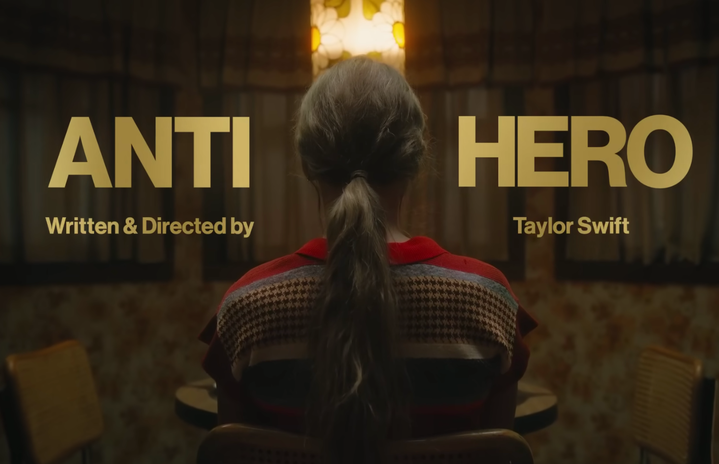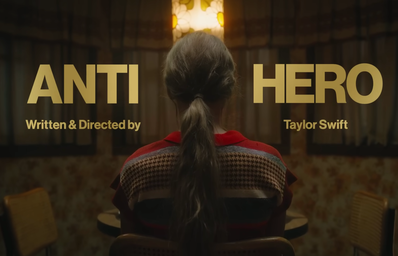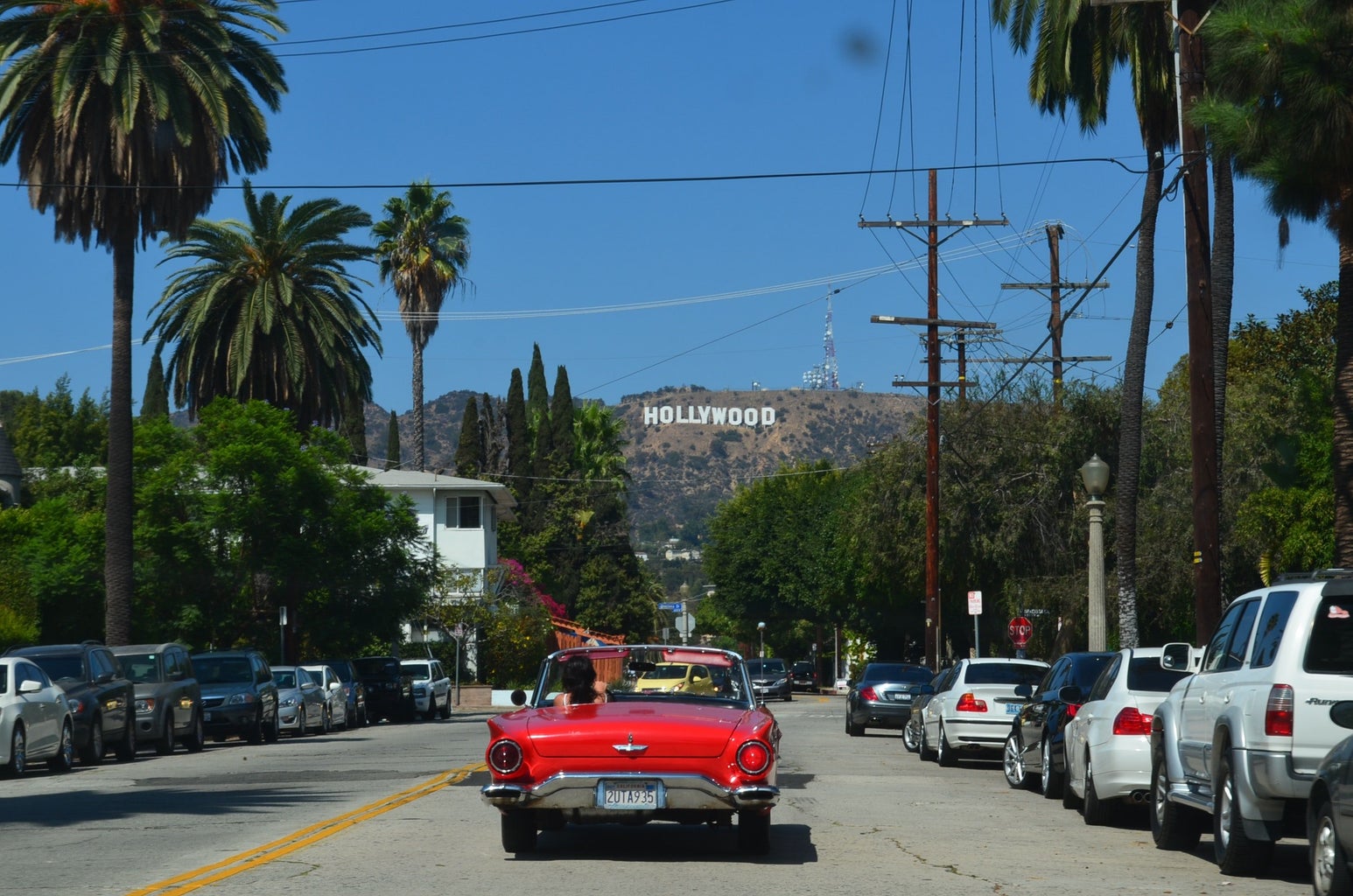Taylor Swift is a genius at writing lyrics, so it’s no surprise that many of her fans are also interested in reading. Taylor herself is a bookworm, and you can find resources that analyze the various literary references in her songs if you are interested! This list focuses on each of the songs on her Midnights album and gives a set of lyrics, as well as a book that corresponds with them. If you, like me, love both Taylor Swift and reading, then look no further for your next recommendation.
Before choosing to read any of these books, please look into trigger warnings, as several of these books deal with heavy topics. Also, be warned that some of these explanations will contain spoiler alerts, as I need to explain why the lyrics fit with the plot of the book. So if you’d rather not spoil it for yourself, maybe read the recommendation, then read the book, and then come back to read my explanation!
“Lavender Haze”: The Picture of Dorian Gray by Oscar Wilde
“I’m damned if I do give a damn what people say/ No deal/ The 1950s sh- they want from me/ I just wanna stay in that lavender haze”
Oscar Wilde was an aestheticist, meaning he believed that art should exist for the sake of beauty alone, not for a moral or political value. One of the symbols of aestheticism was the peacock feather, and a color that represented aestheticism was purple. “Lavender Haze” fits perfectly, not only for the color but also for the overall message. Although Oscar Wilde was writing in the 1800s, not the 1950s, he too did not want to conform to the time period he was writing in. In fact, Oscar Wilde was actually arrested, and The Picture of Dorian Gray was used as evidence to prove him guilty of “gross indecency” based on the fact that he was gay.
“Maroon”: The Great Gatsby by F. Scott Fitzgerald
“Carnations you had thought were roses, that’s us / I feel you no matter what, the rubies that I gave up”
Although there are two flowers mentioned in this song, and neither of them are daisies, I would still recommend The Great Gatsby by F. Scott Fitzgerald if your favorite song is “Maroon.” Narrated by Nick Carraway, The Great Gatsby is largely Nick’s reflections on the life of his neighbor, Jay Gatsby. Jay throws extravagant parties, all to try to win back the love of his life, Daisy Buchanan, who married someone else after Jay went to war. F. Scott Fitzgerald and Taylor Swift seem to have similar writing styles — they are both able to make heartbreaking stories somehow incredibly beautiful and delicate. If your favorite song is “Maroon” and you love the melodramatic way that Swift writes about love and loss, you’re sure to enjoy The Great Gatsby.
“Anti-hero”: Anna Karenina by Leo Tolstoy
“It’s me/ Hi/ I’m the problem, it’s me”
Are you one of the few people out there who genuinely enjoy unlikeable characters? If so, you should definitely read Anna Karenina by Leo Tolstoy. With one of the most famous opening lines in literature — “Happy families are all alike; every unhappy family is unhappy in its own way”— Anna Karenina is a must-read for people hoping to understand more literary and cultural references. Anna Karenina is an aristocrat in late 19th-century Russia. Following her, as well as her family’s, various dramas with love, Anna Karenina is perfect for people who don’t mind a main character who is most definitely the problem. Going into Anna Karenina believing that it was a tragic but beautiful love story, I had the wrong expectations. If you realize that Anna, and many of the novel’s other characters, are unlikeable and petty, Anna Karenina will be an extremely interesting, and much more enjoyable, read.
“Snow on the Beach”: Everything I Never Told You by Celeste Ng
“One night a few moons ago / I saw flecks of what could’ve been lights / But it might have just been you / Passing by unbeknownst to me / Life is emotionally abusive ”
If your favorite song is “Snow on the Beach,” my recommendation is Everything I Never Told You by Celeste Ng. Although the song itself deals with a romantic love that doesn’t quite feel possible, many of the lines seem also to deal with the complexities of human connection and the ways that love affects one’s life. This is why, rather than recommending a book that focuses on romantic love, I’m recommending one that focuses on familial love. Everything I Never Told You is about a girl’s family’s experience with grief after she is found dead in a lake, as well as the events leading up to her death. It is often very philosophical and heavily focuses on the ways that family dynamics affect who a person is. If you love the subtler lines of “Snow on the Beach,” which focus on all of the intricate details of love, then you’ll likely find Everything I Never Told You to be deeply moving.
“You’re on Your Own Kid”: Call Me by Your Name by Andre Aciman
“I called a taxi to take me there / I searched the party of better bodies / Just to learn that my dreams aren’t rare”
Although at face value, Call Me by Your Name is a romance, when taking the ending into account, it’s also a book about the disillusionment that comes after falling in love. When Oliver, a graduate student, spends a summer in Italy working on his dissertation at his professor’s house, he meets Elio, the professor’s son. The two eventually fall in love, and the book deals mainly with the theme of trying to achieve total intimacy. However, in the end, Oliver goes back to the United States where his fiance is waiting for him. Elio, who until that point had believed he had something special with Oliver, had to learn that “his dreams aren’t rare.” If you enjoy “You’re on Your Own Kid” because of the themes of the difficulties in growing up and finding yourself, then Call Me by Your Name would likely be a very beneficial book for you to read.
“Midnight Rain”: Little Women by Louisa May Alcott
“He wanted it comfortable / I wanted that pain / He wanted a bride / I was making my own name”
I’m still not completely convinced that Taylor Swift didn’t explicitly write “Midnight Rain” about Little Women. Louisa May Alcott’s Little Women follows the lives of the four March sisters, as they grow up and begin to explore the adult world. One of the major subplots of Little Women is that of Laurie and Jo. Jo, an aspiring author, and an incredibly independent person does not want to conform to the 19th-century norm of women simply becoming wives. Since she is not in love with Laurie and doesn’t believe in forcing herself to marry someone she does not love, she declines him when he proposes to her. The lines “He wanted a bride / I was making my own name” align perfectly with this scene!
“Question…?”: Norwegian Wood by Haruki Murakami
“Lost in situations, circumstances / Miscommunications and I / Have to say / By the way / I just may like some explanations ”
Haruki Murakami is one of the most famous contemporary novelists, and Norwegian Wood is probably his most popular work. Norwegian Wood follows Toru and Naoko as they navigate their way through college. They are both held back by the ghosts of their past, one of which they share — Toru’s best friend was Naoko’s boyfriend and he committed suicide during their senior year in high school. Told from Toru’s perspective, this book largely deals with the aftermath of Kizuki’s death. Although it isn’t always explicitly stated, the entire book seems to sit in the shadow of this death so that the reader becomes aware of in the very beginning. Please be aware that this book deals heavily with the topics of mental health and suicide.
“Vigilante Shit”: Frankenstein by Mary Shelley
“I don’t dress for women / I don’t dress for men / Lately I’ve been dressing for revenge”
One of the most popular, and often misinterpreted, texts in the horror genre is Frankenstein by Mary Shelley. Although many people assume that Frankenstein’s monster is purely evil, the monster actually begins as “good.” Frankenstein’s monster is only drawn to become the monster that we know because of revenge — he wants Frankenstein to pay for his actions. Mary Shelley’s Frankenstein is an extremely interesting study of human nature and, despite being published in 1818, is still very much relevant today. If you enjoy listening to “Vigilante Shit,” which has a more serious tone than many of the other songs on Midnights, you’re likely to love Mary Shelley’s famous gothic horror.
“Bejeweled”: Rebecca by Daphne du Murier
“Familiarity breeds contempt, don’t put me in the basement / When I want the penthouse of your heart”
Interestingly, the song “Tolerate it” on Taylor’s Evermore album has been confirmed to be inspired by Daphne du Murier’s Rebecca. “Bejeweled” follows many of the same themes that “Tolerate it” does, which is why I’m recommending the book that inspired “Tolerate it.” Rebecca is a gothic novel, which follows a nameless woman who is haunted by her husband’s deceased former wife, named Rebecca. In an interview, Swift said that, when writing “Tolerate it,” she was thinking about how the heroine of Rebecca is “doing all these things and she’s trying so hard and she’s trying to impress him and he’s just tolerating her the whole time.” It sounds pretty similar to the song “Bejeweled” doesn’t it? If you, too, noticed the similarities between “Tolerate it” and “Bejeweled,” and want to explore that more, then reading Rebecca would be a great way to do so.
“Labyrinth”: Circe by Madeline Miller
“It only feels this raw right now / Lost in the labyrinth of my mind / Break up, break free, break through, break down”
Many people have heard of Circe from The Odyssey — she’s the evil witch who turns men into pigs and keeps Odysseus on her Island for one year. But most people have only heard of Circe through The Odyssey, where we never got to look at life through Circe’s perspective. Madeline Miller changes this in her novel, which is a retelling of the life of the Greek mythical character. Circe is perfect for people whose favorite song is “Labyrinth,” because many of the song’s themes are portrayed in Circe’s life. Another fun detail is that the name “Labyrinth” is a reference to the Greek myth of the Minotaur — a story that also appears in Circe! If you’re interested in learning more about Greek mythology, or if you just want to hear a story about a woman told by a woman, then Circe would be my recommendation.
“Karma”: So You’ve Been Publicly Shamed by Jon Ronson
“’Cause if you dare, you’ll see the glare / Of everyone you burned just to get there / It’s coming back around”
The only nonfiction piece on this list, So You’ve Been Publicly Shamed deals with people who face public backlash for their actions. In today’s terms, we would call it “cancel culture,” but, as this was published in 2015 before the popularization of that term, Ronson mainly focuses on the physiological and historical impacts and implications of shame. The book begs many questions about both society and psychology and investigates shame on several different levels. Is public shaming a form of karma? ? If you’re interested in psychology or sociology, and specifically want to learn more about the ideas of shame and karma, then So You’ve Been Publicly Shamed would be a great resource to learn more.
“Sweet Nothings”: The Little Prince by Antoine de Saint-Exupéry
“Industry disruptors and soul deconstructors / And smooth-talking hucksters / Out glad-handing each other / And the voices that implore / “You should be doing more” / To you I can admit / That I’m just too soft for all of it”
From the very beginning of this novel — or even before the beginning, in the heartfelt dedication of this book, which dedicates the book to “Leon Worth, when he was a little boy,” — the reader is pulled into a world of sweet nothings, where they no longer have to worry about reality. This book follows a pilot who crash lands on an asteroid where a little Prince lives, who travels the universe in search of wisdom and love. Over the course of the story, he learns of the contradictory nature of the adult world, falls in love with a rose, and meets the unique characters of several different planets. This book is a warning against the adult world of, as Swift calls it, “industry disruptors and soul deconstructors.” If you’re looking for a book that pulls you out of our harsh reality and places you in a sweet and calming world, The Little Prince is the book for you.
“MasterminD”: Emma by Jane Austen
“I laid the groundwork and then, just like clockwork / The dominoes cascaded in a line / What if I told you I’m a mastermind?”
Most people know about Jane Austen through her most famous novel, Pride and Prejudice. An interesting fact, though, is that Jane Austen’s favorite character to write actually came from a different novel: Emma. Emma follows the life of a well-off young girl named Emma Woodhouse, who, according to Austen, is “handsome, clever and rich, with a comfortable home and a happy disposition.” Because of her position in society, Emma does not need to marry— she already has her fortune — so instead, she decides to act as a “mastermind” in the love lives of the people around her. Since “Mastermind” is all about a woman being in power in her own love life, why not read about a woman who tries to be influential in other people’s love lives? If you’re looking for a funny, entertaining read, Emma by Jane Austen would be great for you.




